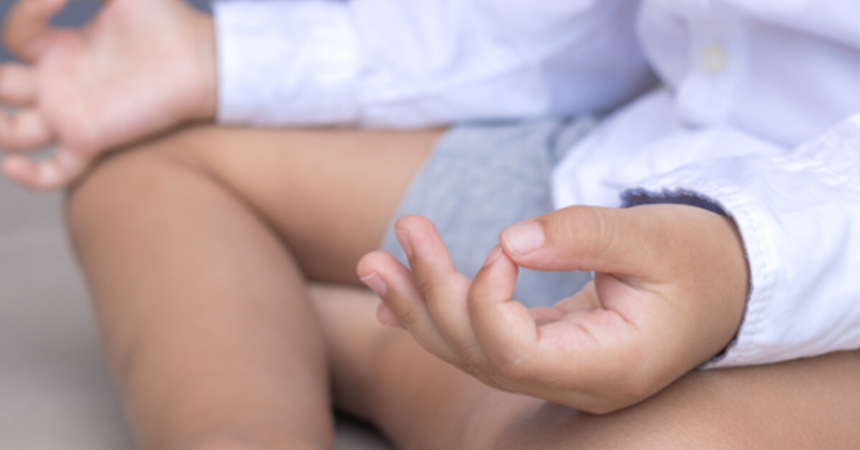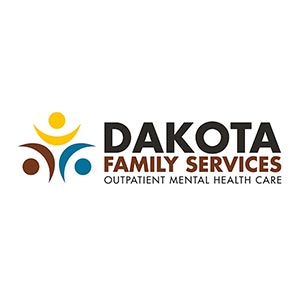Mood Disorders & Aggression
On a purely cause and effect level, the aggression in children we treat usually stems from some combination of poor emotional regulation and impulsivity. Many of these children have mood disorders and experience intense periods of depression, anger, or irritability. These moods cause their level of emotional arousal to be abnormally low or high.
When they are depressed and irritable, they have a low tolerance for stress and are highly reactive. When in an escalated state, they are prone to impulsivity and aggression. So basically, whether depressed or angry, they act out because they are quick to become emotional and don't have the skills to control themselves.
A deeper understanding of how a child developed a lack of regulation and extreme impulsivity creates more opportunities to be effective in treatment. As providers (or for parents/guardians), we can do this by asking, "What happened to this child?" rather than, "What is wrong with this child?"
To regulate or control our emotional systems takes a set of effective skills. Children with histories of abuse or neglect haven't had the opportunity to develop those skills.
Trauma and Aggression
Many children who come to us have not been taught healthy ways to cope. Even worse, they have been physically, emotionally, or sexually mistreated. This leads to even more emotional turmoil. The adults in a hurtful home environment may model only aggressive or harmful behaviors, so children don't have a chance to learn helpful skills. In sum, for many of our most aggressive kids, the lack of healthy emotional environments has left them without "socially positive" tools.
Another puzzling situation that occurs at our facility is children acting out toward staff or people who have treated them well. This likely happens because of conflicting thoughts and feelings; and that same build-up of internal emotional tension. When children are neglected or abused early in life, they often develop a strange mixture of positive and negative thoughts and feelings toward their perpetrator(s). They later generalize these thoughts and feelings and project them toward other adults. The positive feelings toward an abuser are hard to understand, but oftentimes, the abuse has been sprinkled with random pleasurable experiences (e.g., birthday presents, special trips or outings, etc.).
This history and experience teaches children that even if people are treating you well, it will not last—they will mistreat you eventually. Put a different way, many of our kids haven't developed a basic sense of trust. They expect that trouble or difficulties are "just around the corner," and spend their lives waiting for it. Pushing others away with their behaviors is their attempt to stay safe.
Safe Environments & Re-Wiring Emotional Systems
When children lack these healthy tools and positive role models, simply moving them to a "safe" environment, like a residential treatment facility, is usually not enough to change deeply developed emotions and related behaviors. The child will continue with the behaviors they have learned.
The emotional systems of kids who have lived through trauma have been re-wired, so they are constantly in an extreme arousal state—extremely low (depressed) or extremely high (elevated), and they have poor controls.
Their emotional systems operate with high intensity, causing them to act out without thinking much. By "acting out" feelings through aggressive behavior, children discharge the overflow of emotional energy, giving them a sense of relief and control. The result is that they avoid processing the emotions rationally. The fact that the environment is "safe" is simply not enough to stop their defense mechanism of "acting out" aggressively.
The aim of treatment is to significantly restructure our kids' negative thoughts expectancies, and feelings. Through evidence-based work, high clinical expertise, and dependable, loving presence, we help children build a sense of trust in people and the world. With trust, they can learn to regulate their emotions and develop healthy relationships with others.



